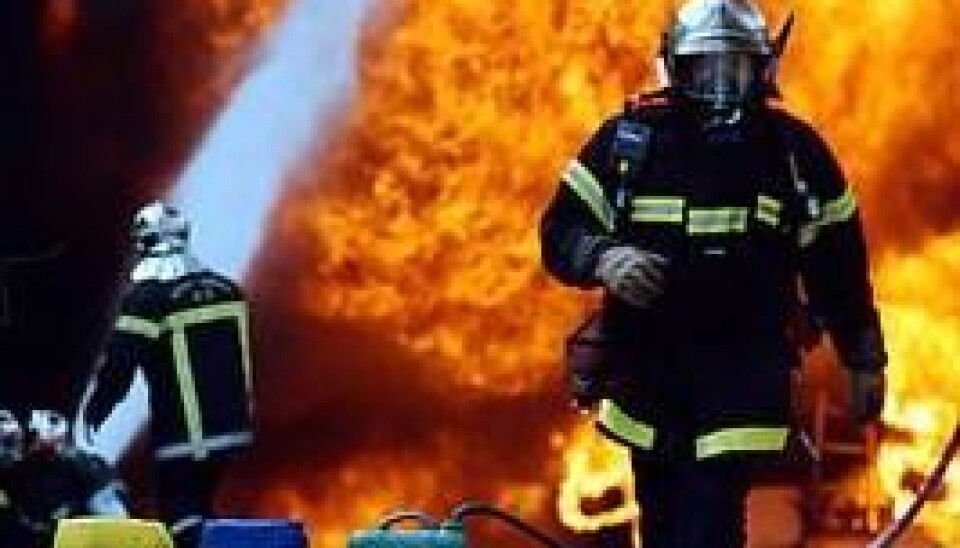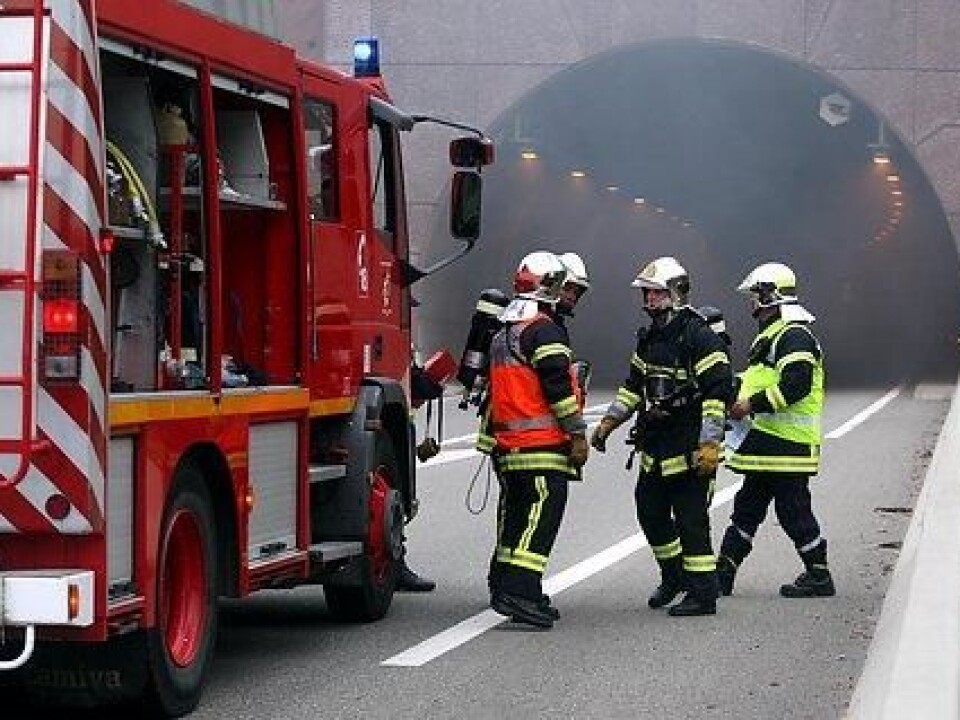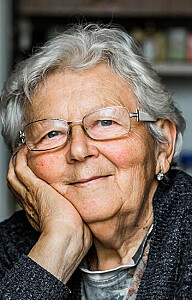
Working in the line of fire
Far from being risk seekers, firefighters feel their work isn't particularly risky. But relations between team members are regarded as crucial.
“At the start of the study we presumed that this is dangerous work, and that firefighters are risk seekers. But we soon found out that objective risk and perceived risk are two very different things,” says researcher Anneli Häyrén Weinestål of Uppsala University, Sweden.
She followed a team of firefighters over a period of three months as part of a gender study project, examining how masculinity is constructed in a work context and the dependencies that develop between people and within groups.
Not dangerous work
“The firefighters we studied had different ideas about risk compared to us researchers," she says. "They felt their work wasn't particularly dangerous, partly because they have so many rules and regulations.”
During the three months, there were three serious accidents at nearby fire stations, two of them during training. One person ran out of oxygen during smoke diving, another tripped over the fire hose and was hospitalised for six months and the third fell from a roof holding a chain saw.

However, when asked about these incidents, the firefighters still said they did not feel their work was dangerous.
“They explained the accidents as people not following the safety procedures and taking unnecessary risks. They also emphasised that they don't encourage each other to take risks, but rather strive to avoid them,” explains Weinestål.
Saving items from the fire
In one case, the firefighting crew arrived at a site and the driver immediately said: “We won't manage this one, the roof has caught fire.” All the same, they got to work putting out the fire, while confirming that no people or animals were trapped inside. While the house was burning around them and the ceiling collapsed, they kept going in to save personal items for the owner of the house.
When asked afterwards, the firefighters did not view this as a dangerous situation – it was only plaster falling down, and the crew knows when to retreat. But helping the house owner has a high priority.
“They show their concern for the person losing the home by saving as much as possible, as long as it's safe. It's an important part of how firefighters construct their masculinity.”
Controlling the situation
Whereas most people would assume entering a house surrounded by fire would be the biggest risk facing a firefighter, Weinestål's subjects revealed other concerns.
“It's more about which situations they feel they are in control of. If the building contains explosives, they would be afraid, because they can't control how the fire develops.”
Another 'out of control' situation is traffic. Driving at high speeds on emergency calls or being out in the middle of the road during a job are both seen as risky activities.
Building close connections
One of the downsides of such a closely-knit group is the risk of not fitting in.
“The composition of the team is very important. They feel they need to be alike, in order to understand each other and build close connections. It is part of their risk-managing strategy” the researcher explains. “If you can't become part of this group connection, you lose some of the vital safety net.”
Although having the same working-class background helps, it's not sufficient. Weinestål's crew claimed that members even needed to come from the same local area – otherwise they might not understand each other, which would be a safety hazard.
Opposed to female firefighters
The firefighters didn't have any problem with gay or feminine men becoming firefighters, but drew the line at crossdressers, seen as sign of 'abnormal sexuality'. Recruiting women through imposed quotas was also viewed negatively, as they felt it would jeopardise the current recruitment criteria of physical strength and stamina.
“There isn't anything women can do that we can't do,” the team argued. “We can express feelings and take care of each other when needed. We can do all the other things as well, such as cooking food, washing clothes and cleaning.
“If women come into the team, it needs to be because they are qualified to be here.”
----------------------------------------
Read this article in Norwegian at forskning.no




